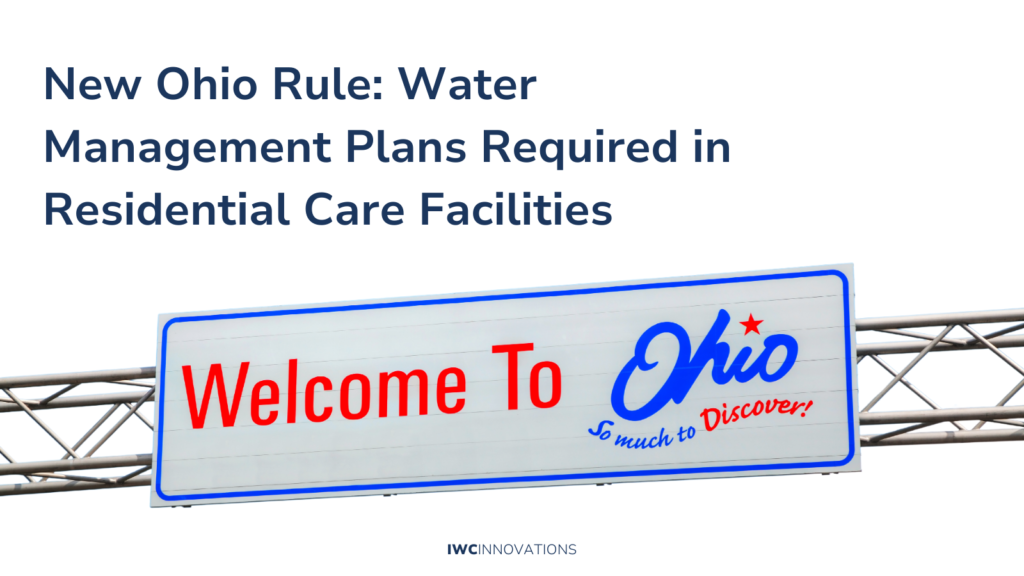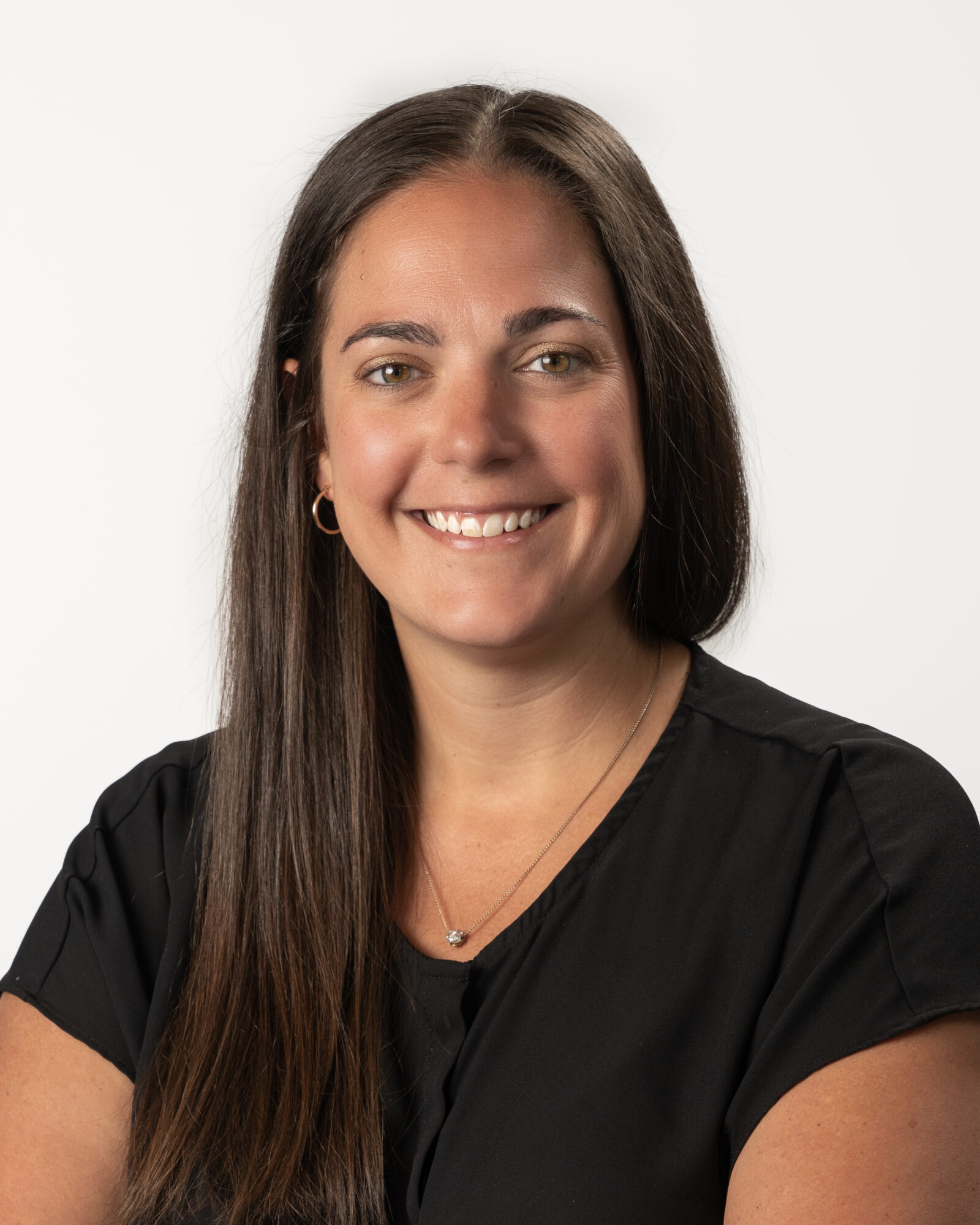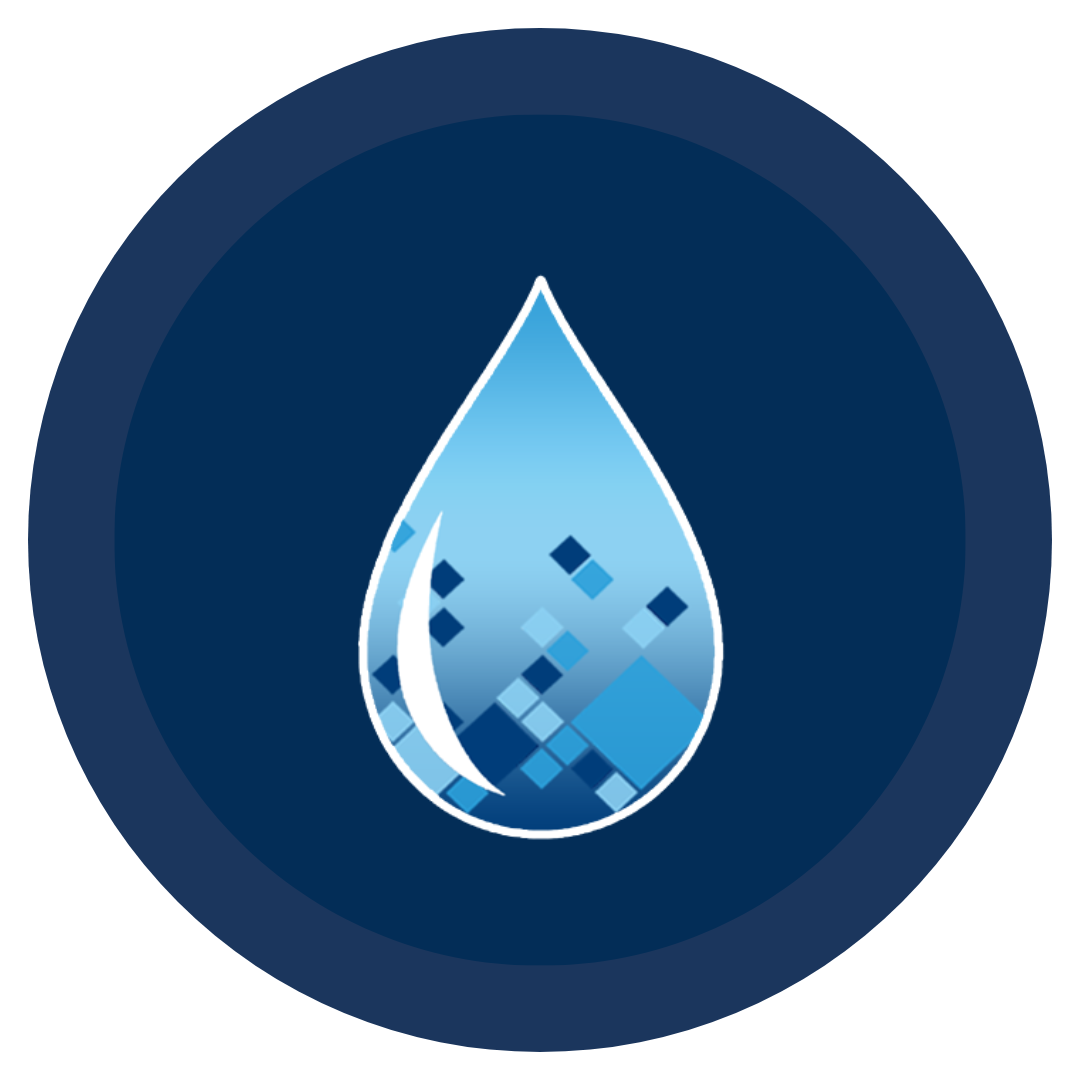Recently, a number of facilities categorized as a residential care facility (RCF) in the state of Ohio have been fined due to not being able to provide a water management plan during their audit. A water management plan is a document designed to minimize risks associated with waterborne pathogens, particularly Legionella, in your facility’s water system. The primary goal of a water management plan is to ensure the safety and quality of your water by preventing the growth and spread of harmful bacteria and contaminants that can cause serious health risks.
As of July 12, 2024, Ohio has implemented Rule 3701-16-12, an administrative rule designed to enhance the safety and well-being of residents in residential care facilities, which requires these facilities create procedures for infection and control. This also includes having a water management plan in place.
We encourage you to review the bill in full to ensure a complete understanding.
How Does Ohio Define a Residential Care Facility?
In Ohio, a residential care facility* is defined as a home that provides accommodations and personal care services to individuals who are dependent on others due to age or physical or mental impairments. Specifically, it includes:
- Facilities accommodating 17 or more unrelated individuals, offering supervision and personal care services to at least three residents who require assistance.
- Facilities accommodating 3 or more unrelated individuals, providing supervision and personal care services to at least three residents, and offering skilled nursing care to at least one resident as authorized by law.
*This definition outlined in section 3721.01 of the Ohio Revised Code
Key Changes and Requirements
Water Management Program: Under Ohio’s new regulation, RCF’s must establish and implement a water management program identifying and managing hazardous water conditions. The water management program must be in accordance with guidelines from the CDC. The CDC provides an online toolkit to help get you started with implementing your water management program.
Responding to Changes in Residents’ Health: Residential care facilities must act promptly during significant health changes, providing necessary care, documenting interventions, sharing information with healthcare providers, and notifying the sponsor unless otherwise requested.
Incident Response and Documentation: An “incident” under this rule is any event risking a resident’s health or safety. Facilities must provide immediate care, investigate thoroughly, and document details in a log, including time, place, and actions taken, which must be accessible to the facility director.
Strengthened Infection Prevention and Control Standards: Rule 3701-16-12 mandates infection prevention measures, including appointing a trained professional, tracking infections with a surveillance plan, and implementing hygiene, disease prevention, and isolation protocols to protect residents and staff.
Tuberculosis Control Plan: Residential care facilities must act promptly during significant health changes, providing necessary care, documenting interventions, sharing information with healthcare providers, and notifying the sponsor unless otherwise requested.
How Can IWC Innovations Help You
IWC Innovations offers comprehensive support in implementing a robust Water Management Program (WMP) to help your facility comply with the latest standards and protect against waterborne pathogens including Legionella. Our program is led by ASSE 12080 Legionella Certified Water Safety and Management Specialists who develop your WMP onsite, ensuring it’s tailored to your facility’s needs. We handle the rollout of the program, including staff education on Legionella and control measure tasks.
To ensure ongoing compliance, we provide continuous monitoring with quarterly check-ins and use our Task Hub to manage and document completed control measures—essential for liability protection in the event of illness or a suspected Legionnaires’ disease case. Additionally, we keep your plan updated with the latest regulations and building changes while offering access to our Legionella consulting team for expert guidance. With IWC Innovations, you can stay compliant, mitigate risks, and ensure water safety in your facility.






